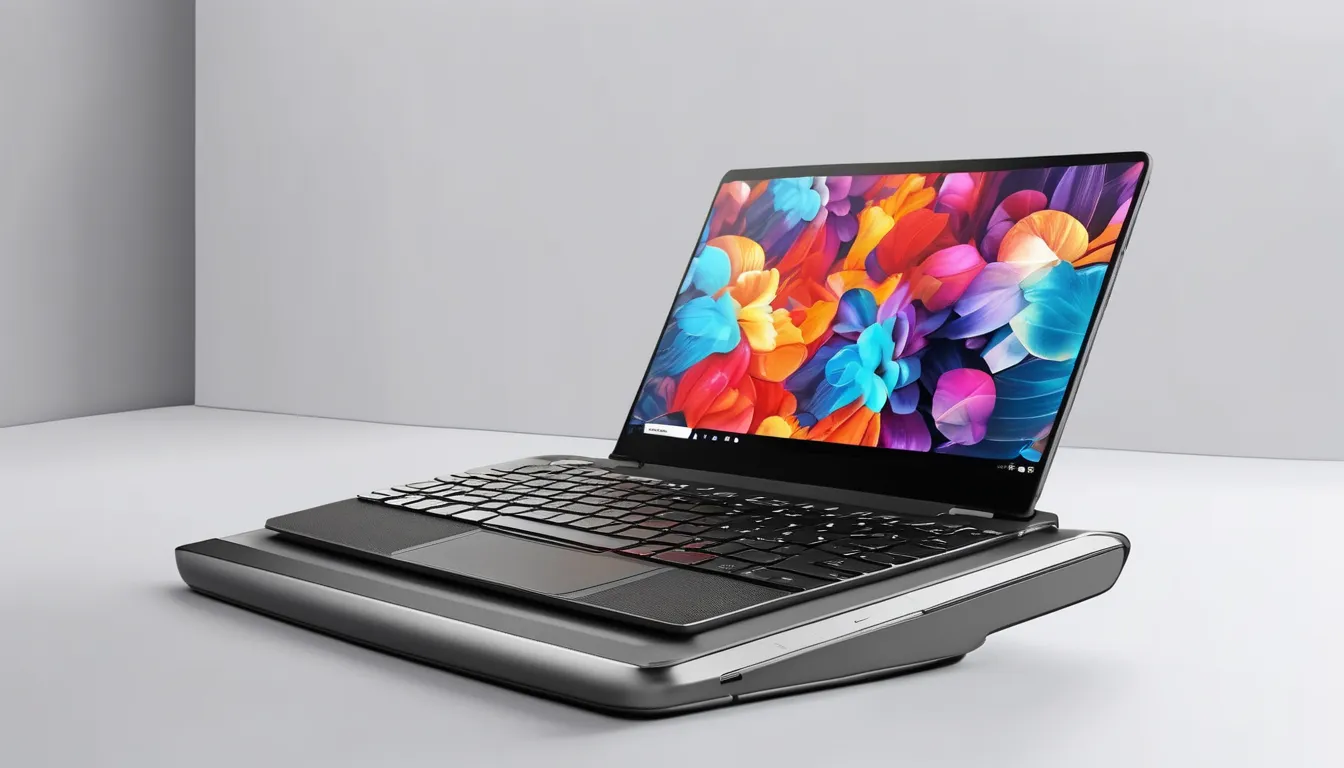Today, laptops are handy for students because they let them learn, work, and talk to each other from anywhere. The hard part is finding a tool that works well, does not cost too much, and lasts a long time. This article aims to help families and students find cheap laptops that are balanced with quality and performance. Let us start by looking at everything you must consider when choosing the most affordable student laptop. This has more details about the laptop features, other options, and more in-depth tips on how to get the most out of your laptop.

Key Considerations for Student Laptops
Performance
The laptop’s processor and RAM suit everyday tasks like word processing, multimedia use, and web browsing. An AMD Ryzen 3 or Intel Core i3 processor and at least 4GB of RAM are generally enough.
Battery Life
Improved battery life is essential for students who spend much time in libraries, classrooms, and on the go. Choose laptops with a minimum of eight hours of battery life.
Portability
It is easy to take a small, light laptop around campus. A display size of 11 to 14 inches is an ideal compromise between portability and utility.
Storage
Because of their faster performance, solid-state drives (SSDs) are selected over regular hard drives (HDDs). A minimum SSD capacity of 128GB is advised.
Build Quality
Since students will probably carry their computers around a lot, durability is essential. Seek for laptops with dependable keyboards and strong construction.
Budget
Accessibility is essential for most students. This article focuses on laptops under $500, so you can be sure they are affordable without compromising on necessary features.
Top Budget Friendly Laptops for Students 2025
Acer Aspire 5
The Acer Aspire 5 is excellent for speed for the price. The screen is bright and full HD, the computer is easy to use, and the build quality is good. Because there are many options, students can find the model that best meets their needs, whether they want more storage space or RAM.
HP Chromebook 14
The Acer Aspire 5 is excellent for speed for the price. The screen is bright and full HD, the computer is easy to use, and the build quality is good. Because there are many options, students can find the model that best meets their needs, whether they want more storage space or RAM.
Lenovo IdeaPad 3
The HP Chromebook 14 is great for students who mostly use web-based programs. It is excellent for browsing the web, streaming, and working on cloud-based papers because the battery lasts a long time, and Chrome OS runs smoothly. It is a good choice for everyday use because it is light and does not cost too much.
Dell Inspiron 15 3000
This series is a reliable and strong laptop for various school tasks. Its bigger screen is great for watching videos and doing other things simultaneously. It has 8GB RAM; it can easily handle multiple apps, making it an excellent choice for students with a lot of work.
ASUS VivoBook 15
People love the ASUS VivoBook 15 because it looks great and works well. The picture on its NanoEdge edge is fascinating. The ergonomic backlit keyboard and fingerprint reader are great additions for students who like design and functionality. They make the laptop more secure and convenient.
More Tips for Maximizing Your Laptop’s Potential
Software Management
To keep your laptop running well:
Ensure your software is handled correctly.
Only install the apps you need and ensure they are up to date often to avoid speed issues and security holes.
For simple jobs, use lighter software versions that use many resources, like LibreOffice instead of Microsoft Office.
Power Settings Optimization
Change the power levels to make your battery last longer. Most computers let you change the power plans, which means you can change the activities that run in the background, the CPU’s speed, and the screen’s brightness. Switching to Power Saver mode can make your use last much longer if you use a notebook that runs on batteries.
Data Management and Organization
Efficient data management helps maintain your laptop operating correctly and clear up space. Group your files into folders with evident labels, then clear your desktop and downloads folder regularly. Use utilities like CleanMyMac (macOS) or Disk Cleanup (Windows) to make disk space available.
Invest in a Good Antivirus Program
Invest in a trusted antivirus program to protect your laptop from viruses and hackers. This is particularly important for Windows laptops, which are prone to attacks. Ensure your antivirus program is current and run regular malware scans on your computer.
Upgrade When Possible
Some cheap laptops let you make easy changes, like adding more RAM or changing the storage drive. If your computer feels slow after a few years, you should get new parts that are better than the ones you have now. In some cases, this can last a lot longer.
Communication Tools
Slack
Slack, popular in professional and academic contexts, is great for group work and student communication.
Zoom/Teams
Zoom and Microsoft Teams provide reliable video conferencing and teamwork solutions that are vital for distance learning.
Conclusion
A laptop that fits a student’s budget, way of life, and school needs is best. You should do this, no matter your area, engineering, design, the humanities, etc. It is not always necessary to give up the performance or features to find the right laptop on a tight budget. There are many great choices for students, such as the ASUS VivoBook 15, HP Chromebook 14, Lenovo IdeaPad 3, and Acer Aspire 5. Teenagers can get a cheap laptop that works for them and helps them with schoolwork and leisure activities if they carefully consider speed, battery life, portability, and build quality. Don’t forget that the best laptop is the one that works for you and helps you learn. For students on a budget, choosing a computer means finding the right balance between price, portability, and speed.
